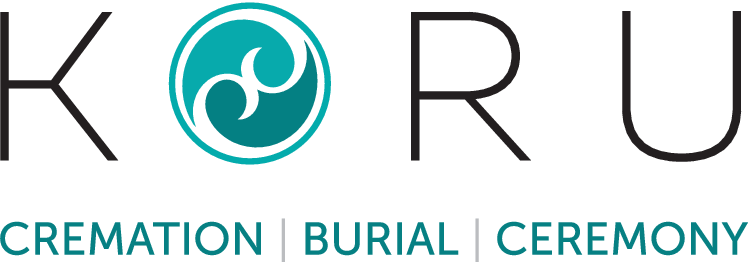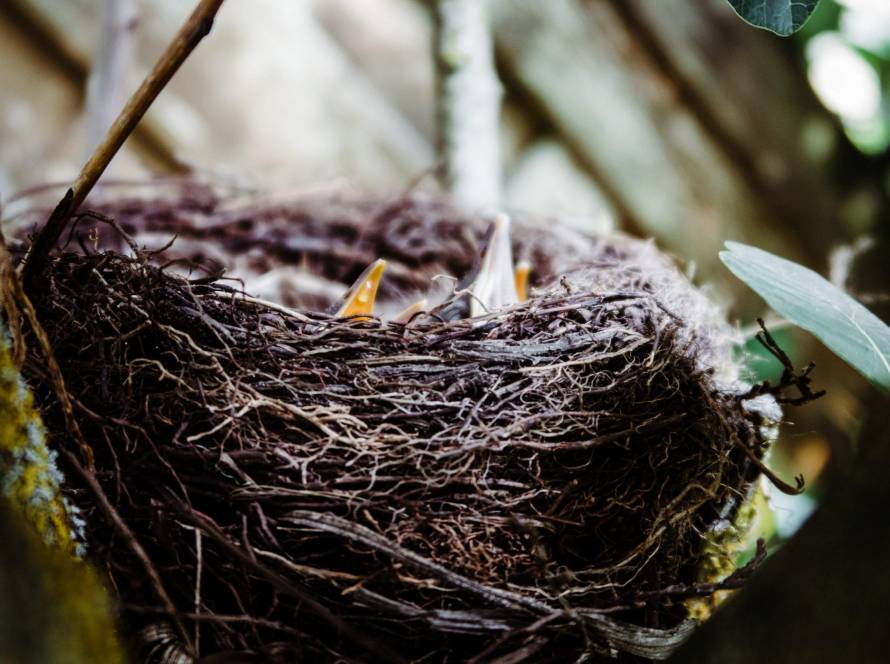The choice between whether to cremate or bury can be one of the biggest decisions that will be made when someone has died. This can be especially difficult if the deceased didn’t specify what they wanted for themselves. Ultimately, the decision comes down to what’s best for you and your family, what matches your and the deceased’s values and what cultural or religious practices are important to adhere to. If you keep in mind that burial and cremation are forms of disposition for the body of the deceased and around which ceremony can be created, then perhaps the decision making won’t feel as difficult. If you’re unsure which route to take, then we hope the following information will offer you some guidance as we go through the options of cremation and burial services.
Burial
Burial is a form of disposition for the deceased body and is usually done in a grave at a cemetery. Entombment is also considered as a form of burial where the deceased’s body is placed into an above-ground structure (mausoleum) rather than being buried in the earth.
In-ground whole body burial and above ground entombment are established and respected practices, which many still choose today. If other family members have been buried or entombed in a mausoleum, it can be reassuring for the surviving members and future generations to know that their family tradition continues.
Going down this path also creates a physical place for friends and family members to visit whenever they choose. The rituals that often accompany a burial service, including the subsequent landmark left in tribute, can provide the bereaved with a strong start to healing in the long road of grief that lies ahead.
Another aspect of burial or entombment is that if needed, the buried body can be exhumed and re-buried or even cremated.
Choosing to have a burial service can be a more costly option than cremation when comparing only the different forms of disposition (not the other services that go along with them). The reason for this primarily lies with the cost of purchasing a burial plot in a cemetery. The casket choice may also be a factor affecting the overall cost. However, if the burial plot had been purchased years previously, it is entirely possible that there would be little to no difference in cost between cremation or burial.
Green or Natural Burial
In some jurisdictions green or natural burial cemeteries or sections in conventional cemeteries are an option for people. Choosing green or natural burial may not only be the best way to express one’s environmental values in death as they did in life, but it may also be less costly than conventional burial. To learn more about the distinguishing factors for green or natural burial, please click on KORU’s link to “Your Choices” .
Cremation
Like burial, cremation is also a form of disposition of the deceased body. In our western culture we generally associate the use of high heat as the way to cremate a deceased body and this is performed at a place called a crematorium. There is an alternative method to flame-based cremation (use of high heat) that is starting to be offered in some Canadian provinces and American states called Green Cremation or Bio-Cremation. It uses a process called alkaline hydrolysis, which uses an alkaline solution, water, pressure and low-heat to “cremate” the deceased body. To learn more, view this video produced by the Mayo Clinic in USA.
Many believe that choosing to be cremated eliminates the possibility of having a traditional funeral service. However, because cremation is only a form of disposition of the body, opportunities for participation exist with cremation just as with burial, family and friends can be present or witness it and say a final goodbye in a profound and meaningful way.
Cremation can be a simple and immediate way to care for someone, trusting that, in your own time, you’ll find a fitting way to say goodbye, remember and acknowledge the life lived. It can also be part of a series of sacred and meaningful rituals that create opportunities to mourn and celebrate the person who died as well as honour the impact their death has on the lives of those left behind. It can be incorporated into any type of ceremony or service or be a simple act separate from what you consider a fitting goodbye ritual or gathering.
Compared to burial, there is a sense that cremation offers more flexibility for families whose roots are elsewhere or for people whose families are very mobile; in these situations, the ashes, or cremated remains can travel with you if you move or wish to easily return someone to their home community (repatriation).
Cremation is often viewed as being a more cost-effective option between the two (burial or cremation), but knowing that all of the same ceremony choices are available to families, there may be little to no difference in the final tally.
Unlike burial, where a deceased body can be exhumed if needed, cremation is a permanent process.
Finally, there is a widespread perception that it is a greener option than conventional burial. Certainly that can be true if you are able to access the Bio / Green cremation option.
KORU Cremation | Burial | Ceremony is a Vancouver-based funeral business that provides simple and customized burial, ceremony and cremation services that are designed to help you mourn and celebrate your loved one.
Privately owned and operated, we’re the leading innovators and educators in the new age of death and end-of-life care, focused on providing locally sustainable, community crafted products to our clients. Call us today for a free, no-obligation consultation at 604-324-8285 or 604-770-1471.




